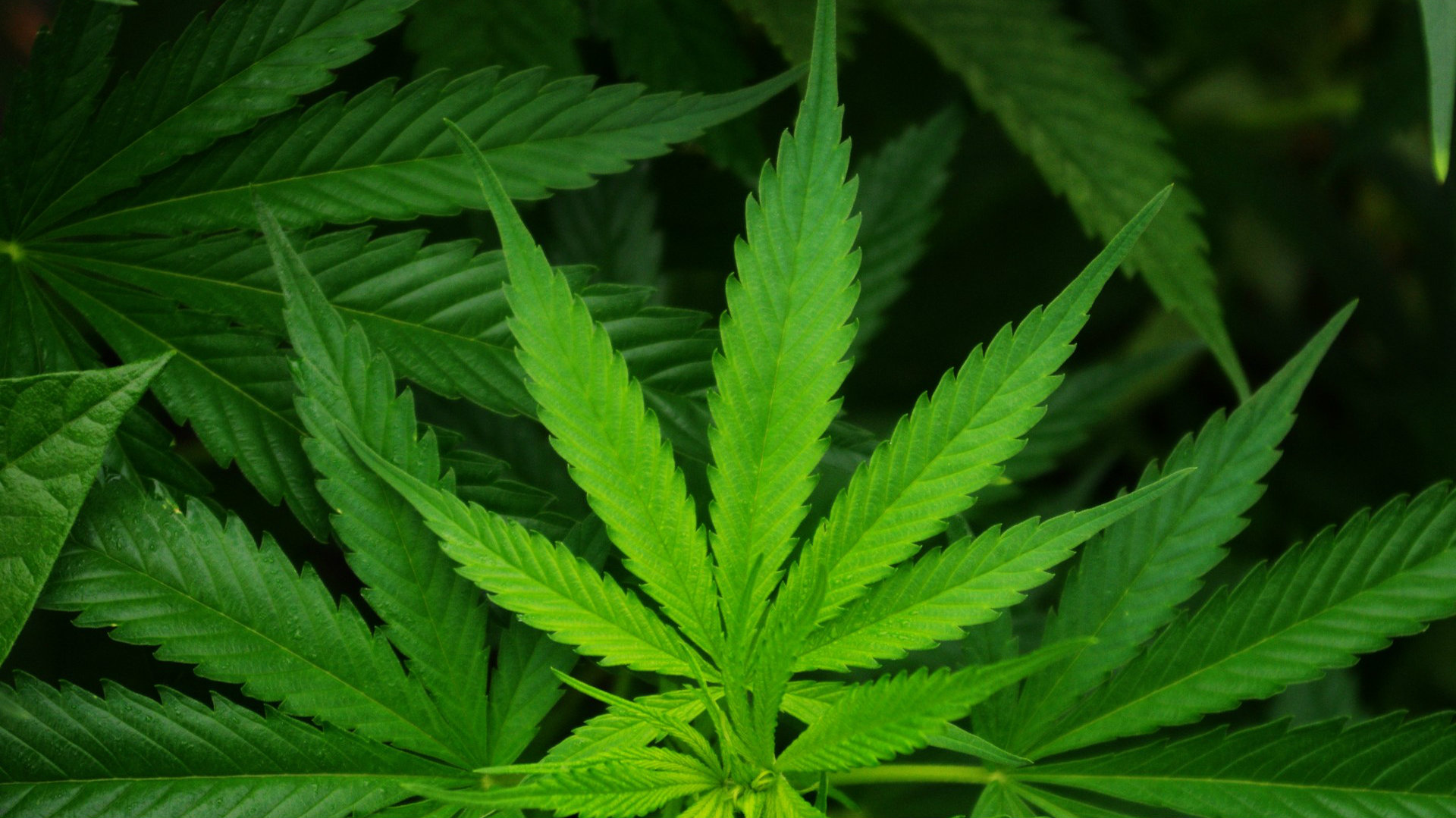The Liberal government recently announced its plans to open up to 150 cannabis stores run by the Liquor Control Board of Ontario (LCBO) by 2020. The first 40 stores will be opening next year following legalization, which is expected to be on July 1, 2018. The LCBO will also have an online platform in place which will distribute cannabis to registered users.
It’s clear that the government wants to profit as much as it can from the legalization of cannabis, and it’s likely that many strict regulations will be put in place in the initial stages of legalization. In Ontario, that’s bad news for many dispensaries that popped up with the hopes of profiting big from selling legalized cannabis.
What will LCBO-run cannabis stores be like?
The stores will probably look like your typical liquor-dispensing LCBO-run store with minimal emphasis on advertising, so don’t expect the Tweed brand or Snoop Dogg to be all over the walls of its stores.
I’m just speculating here, but don’t expect glass containers to view each individual strain of cannabis to determine if it’s a good buy. It’s likely that everything will be kept behind the counter, and potential buyers will probably not be able to see exactly what they’re buying. The cannabis that’s sold will probably go in a simple glass jar with a generic label, so don’t expect too much with regards to branding.
It’s probably not going to be a premium experience for chronic recreational users; however, medicinal users may appreciate the professional environment and the lack of stoner culture that’s present at many upscale dispensaries today.
What does that mean for cannabis investors?
I think many provinces are likely to adopt Ontario’s LCBO-run model. It appears to be the most conservative distribution method for those concerned about black markets or increased access for minors. Judging from the reaction of Canada’s premiers thus far, it’s likely that many will follow in Ontario’s footsteps. If that’s the case, producers such as Canopy Growth Corp. (TSX:WEED), MedReLeaf Corp. (TSX:LEAF), Aphria Inc. (TSX:APH), and Aurora Cannabis Inc. (TSX:ACB) may take short-term hits, especially less-efficient producers who have been focusing on branding initiatives.
I believe Canopy will be hit the hardest because it won’t be able to get the most out of its promising portfolio of brands. In addition, Canopy’s promising e-commerce platform may be in jeopardy under an LCBO-like model since the government likely wants to control all online sales.
Could licensed producers have their e-commerce platforms shut down?
I think it’s likely, but we’ll just have to wait and see. Although Canopy has made a solid case to keep its distribution platform, ultimately, it’s in the best interest of the government to have exclusive rights to online sales.
Bottom line
Canadian cannabis producers are likely to experience a tonne of volatility in the coming months as more news is released on each province’s distribution plans. If more provinces adopt a model similar to Ontario’s, I suspect the stocks of all producers will be hit in the near term.
Stay smart. Stay hungry. Stay Foolish.








